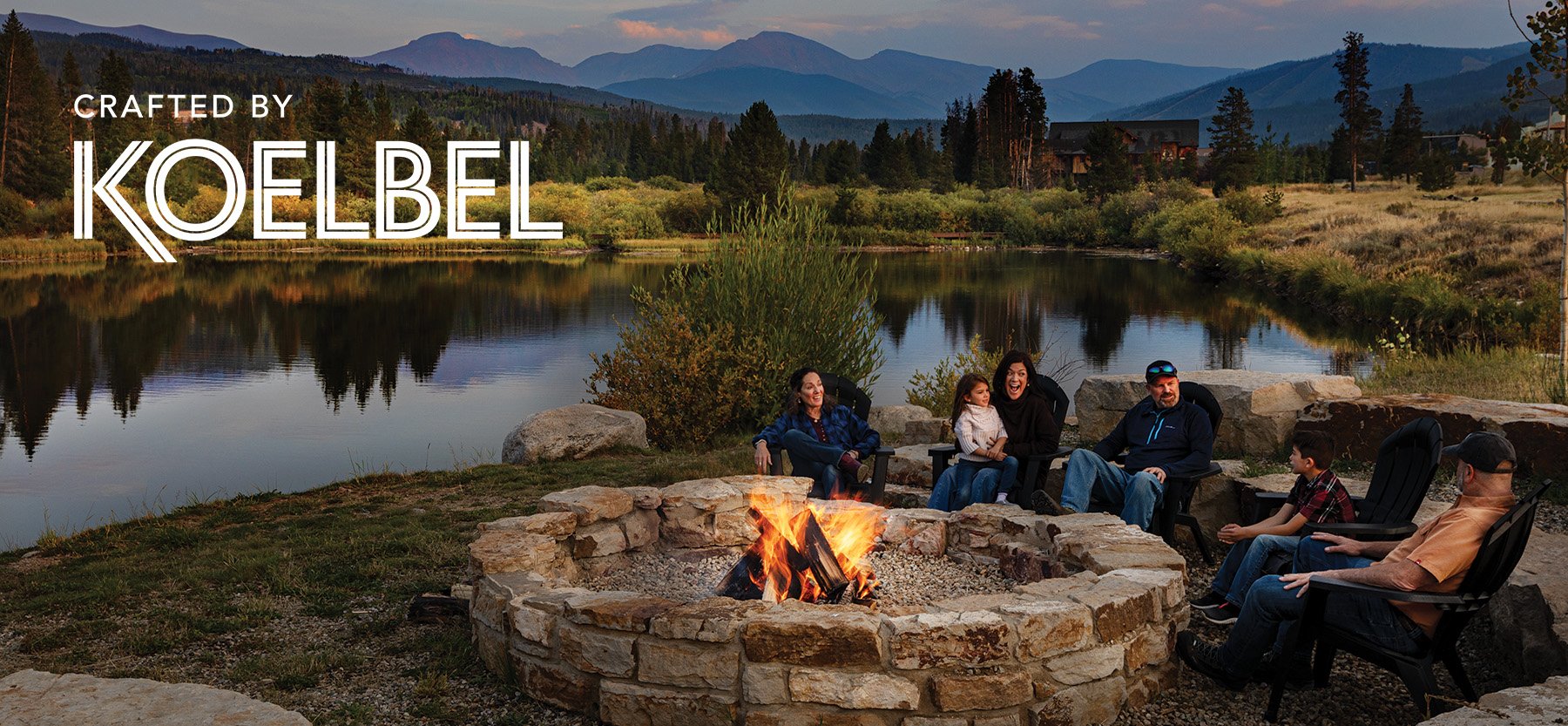June 18, 2025
From Vision to Voice: The Role of Brand Books and Brand Guidelines in Real Estate Branding
You wouldn’t build a home without blueprints. So why build a brand without one?
In the real estate world, where high-ticket purchases meet emotional decision-making, your brand is more than a logo. It’s a promise. A perception. A gut feeling. And without the right structure in place, it’s easy for that promise to become fragmented or forgotten.
That’s where brand guidelines and a brand book come in.
Brand Book vs. Brand Guidelines: What’s the Difference?
While these terms are often used interchangeably, brand books and brand guidelines serve different purposes and carry very different strategic weight. Both are crucial to establishing a strong home builder, real estate or master-planned community brand.
Brand Guidelines: The tactical rules.
Brand guidelines are a focused, foundational document included in Milesbrand’s logo development process. These guidelines ensure your visual identity remains consistent across platforms and uses. They typically include:
- Logo System: Approved logo configurations, file formats, clear space, minimum sizing and usage do’s and don’ts.
- Visual System: Color palette, typography and any brand elements such as illustrations, shapes or patterns specific to your identity.
Brand guidelines are essential for design consistency. They’re what your internal team and creative partners use to keep marketing clean and cohesive.
Brand Book: The strategic story.
A brand book is a much more extensive and strategic document – and at Milesbrand, it’s built to guide your entire organization, not just your marketing department. This premium asset tells the full story of who you are, why you exist and how your brand should be expressed across every audience and touchpoint.
Brand books typically include:
- Brand Story and Foundation
- Builder, developer or community story
- Brand archetype
- Mission, vision and values
- Brand promise
- The “why”
- FAQs
- Strategy and Audience Alignment
- Positioning strategy and market differentiation
- How you serve homebuyers
- How you serve Realtors
- Realtor engagement roadmap
- Visual Identity
- Logo usage and color applications
- Typography and color palette
- Design elements, photography style and business system standards
- Verbal Identity
- Brand voice and tone
- Word list and language direction
- Conversational style and messaging framework
The brand book functions as your north start, aligning leadership, marketing, sales and customer experience around a unified brand vision.
Why Both Matter for Builders, Real Estate Developers and Master-Planned Communities
In the real estate industry, your brand must carry across diverse mediums, from digital to physical, signage to social, and brochures to boots on the ground. When your visual system is inconsistent or your messaging lacks cohesion, your credibility suffers.
- Brand guidelines ensure your look stays on point
- Brand books ensure your strategy, story and voice stay aligned, both internally and externally.
Together, they create a scalable, repeatable system for building emotional connection and long-term equity in your brand.
Most people are familiar with the concept of brand guidelines, but the brand book remains less understood, especially outside the marketing team. Let’s take a closer look at what sets it apart and why it matters so much more than most realize.
Do You Have a Brand Book? And More Importantly – Do You Use It?
Some home builders, real estate companies and master-planned communities assume they have a brand book because they’ve seen a logo sheet, brand guidelines or a marketing style guide. But a true brand book goes deeper. It captures not just how your brand looks, but what it stands for.
Ask yourself:
- Can your team clearly articulate your purpose?
- Do your marketing materials consistently reflect your brand tone?
- When a new community launches, does it feel aligned with your brand – or like a separate entity?
- Does your customer experience reinforce the values you promote?
If the answer to any of these is “not really,” it may be time to revisit or create a comprehensive brand book.
What’s Inside a Strong Brand Book?
While every brand book is tailored to the organization it serves, here’s a deeper look at what we typically include for home builders, real estate developers and master-planned communities, and why it’s included.
Foundational Elements
These articulate your brand’s DNA and guide your company culture:
- Purpose: Why you exist beyond profit.
- Vision: The future you’re working toward.
- Mission: What you do and who you do it for.
- Core values: The principles that guide behavior and decisions.
- Positioning statement: Your unique place in the market.
Verbal Identity
This shapes how your brand sounds and communicates:
- Tone of voice: How you speak to buyers, partners and stakeholders.
- Key messages: Core talking points used across platforms.
- Tagline or rallying cry: A concise expression of your promise.
Visual Identity
This ensures your brand is recognizable and cohesive everywhere it appears:
- Logo usage and guidelines
- Color palette and usage
- Typography
- Photography and imagery style
- Signage
Why It Matters for Home Builders and Real Estate Developers
In real estate, you’re not just selling a product. You’re selling trust. A lifestyle. A sense of belonging.
When your brand is inconsistent, whether in a sales brochure, a social post or an onsite experience, you erode that trust. When it’s cohesive, you create a lasting emotional connection that drives preference and loyalty.
A brand book helps ensure every stakeholder, from your in-house team to outside vendors, understands how to express your brand consistently. That means:
- Your marketing feels unified
- Your model homes reinforce your values
- Your sales agents tell the same brand story
- Your signage and digital presence align
It’s about making your brand feel intentional instead of accidental.
What Your Team Needs to Know
A brand book is only useful if your team knows it exists and understands how to use it.
Train your employees on your brand principles. Reference the brand book when onboarding new hires or launching new campaigns. And make it accessible, digitally, visually and operationally.
This isn’t just a tool for your marketing department. It’s for your C-suite, sales agents, architects, trades and customer care reps. Everyone contributes to the brand experience, so everyone needs to speak the same language.
A Brand Without a Book is Like a Home Without a Plan
You wouldn’t ask a home builder to start construction without a blueprint. Your brand deserves the same level of clarity and intention.
At Milesbrand, we specialize in helping home builders, real estate developers and master-planned communities define, document and express their identity with purpose. Our brand books are more than guidelines – they’re tools to align your team, inspire your audience and drive long-term brand value.
Need to build or refresh your brand book? Contact Milesbrand to get started.




.jpg)







